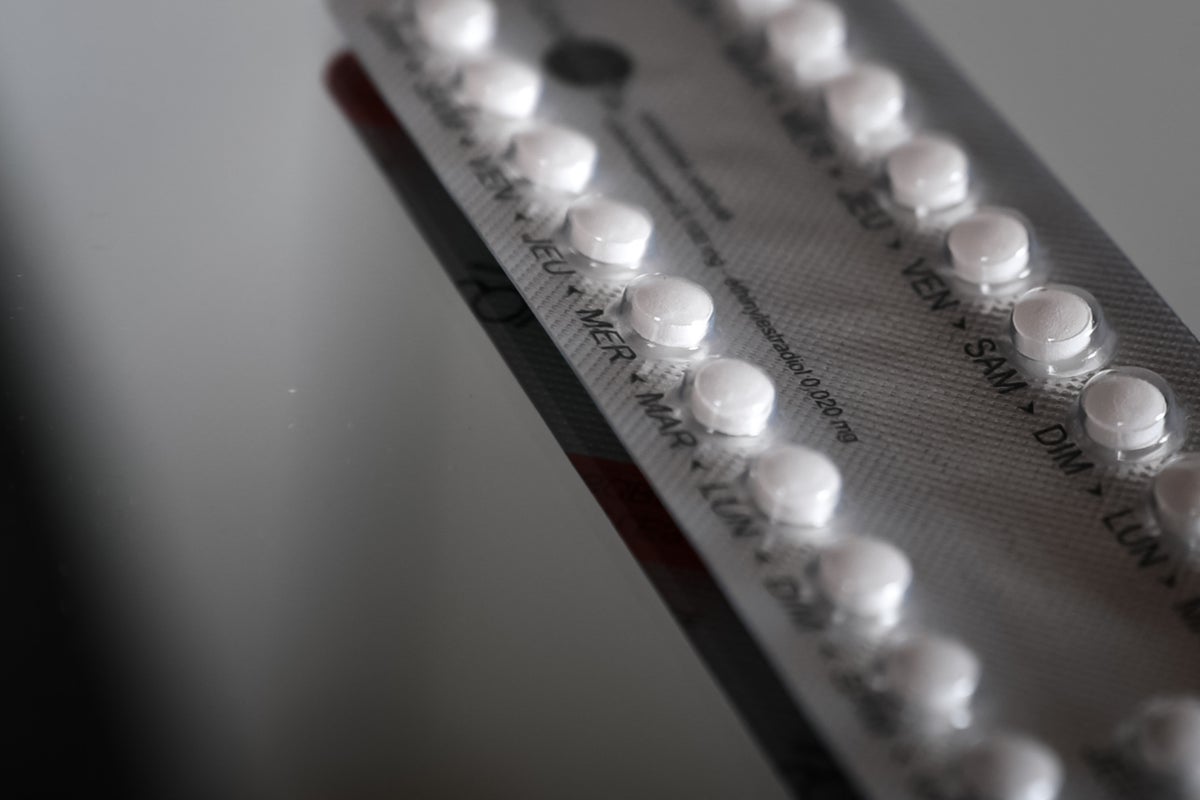
TikTok has removed videos promoting birth control misinformation after The Independent found that some influencers were spreading unproven claims to millions of users.
An investigation by The Independent and tech company Alethea revealed misleading videos claimed the risks of birth control, such as cancer or psychological side effects, outweigh its benefits.
Some videos, since taken down, also suggested that a herbal supplement called Queen Anne’s Lace could act as a contraceptive, and promoted the idea that women should “detox” after stopping their birth control prescription.
The TikTok videos, which appeared generic, engaging, and aesthetically pleasing, were posted by three prominent wellness influencers – reaching 15 million viewers on the platform between February 2021 and July 2024 and being shared 21,000 times.
Out of the 1,449 total videos posted by the three influencers during the period, 115 were tagged with #birthcontrol.
Using data collection, Alethea – a leading technology company specialising in online risk detection and mitigation – identified the top myths being spread by three prominent TikTok influencers.
The Independent also collated and flagged hashtags used specifically by these influencers on TikTok, which aimed to push this content to a wider audience than just their followers, such as #womenshealth #truth #holistichealth #fertilityawareness and #holistichealing. TikTok did not respond when asked if it took action on these.
Many of the videos were also published on platforms such as Instagram and YouTube.
Have you come across this kind of content online? Email: [email protected]
Dr Viki Male, senior lecturer in reproductive immunology at Imperial College London, told The Independent: “Contraception, like any medication, has risks – but they are low and far lower than the risks of pregnancy.
“There’s no strong evidence that Queen Anne’s Lace works as a contraceptive – it’s certainly not something I would rely on. In communities that try to use herbal birth control, they have a really high rate of unplanned pregnancies.
“It’s a myth that the longer you take birth control, the longer it takes to get pregnant. Studies show no such ‘wash-out’ period exists for any hormonal contraceptives except for the injection. The injection does take a little while to leave your system, but that is exactly what it’s designed to do.”
However, Dr Male did point out that some people taking contraception may experience side effects, adding: “With every medication, there are always risks, but hormonal contraception is really safe and effective.”
After The Independent presented the social media giant with its evidence, TikTok removed content relating to claims that the risks of birth control – like cancer or psychological side effects – outweigh its benefits and the false claim that Queen Anne’s Lace can work as a contraceptive. It did not remove videos relating to detoxing after taking birth control, however.
It also removed content relating to these topics by influencers that The Independent had not flagged. The videos specifically violated TikTok’s policies around medical misinformation, the app said.
Instagram and TikTok are now the preferred search engines for Gen-Zers when seeking local results, according to a study carried out in 2024 by marketing technology vendor SOCI.
For Gen Z internet users in the US, Instagram was first, with 67 per cent saying they use it for searches. TikTok is the second choice at 62 per cent of the 18 to 24 demographic search, while Google is third at 61 per cent.
TikTok, along with Instagram and other social media platforms, has recently come under scrutiny for allowing misinformation to spread, especially around women’s health.
Another study in 2024 found that women are among the largest group of TikTok users in the United States and may be especially affected by the dissemination of health information on TikTok.
The research suggested that health professionals and health communication scholars need to proactively consider using TikTok as a platform for disseminating health information to young women, because they are using TikTok for it despite preferring information from health professionals.
TikTok said it removed content that violated its policies regarding medical misinformation. Its community guidelines prohibit inaccurate, misleading, or false content that may cause significant harm to individuals or society, regardless of intent.
However, the guidelines allow TikTok users to share their own stories or experiences about medical treatment as long as they do not contain harmful misinformation.
TikTok defines harmful health misinformation as inaccurate medical advice that discourages people from getting appropriate medical care for a life-threatening disease, or other misinformation that may cause negative health effects on an individual’s life.
The app announced a year-long collaboration with the World Health Organisation in 2024 to promote reliable mental wellbeing content and fight disinformation through the Fides Network of trusted healthcare professionals, who are also TikTok creators.
Source: independent.co.uk


